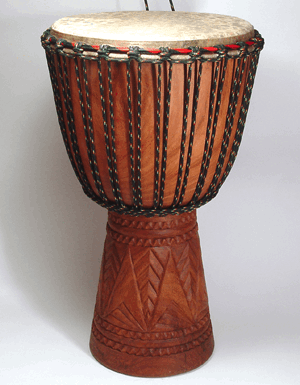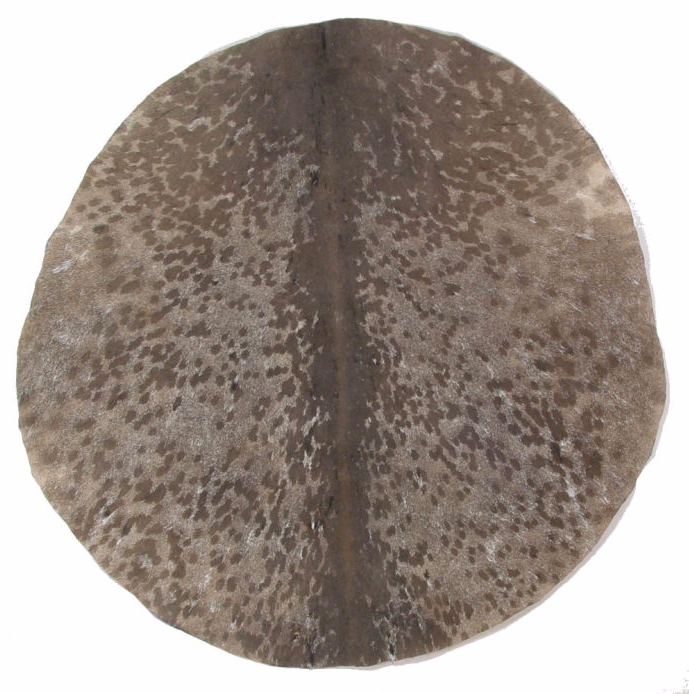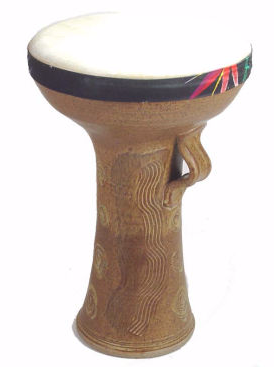
Tips for Repairing Wood Drum Shells:
~ To fill small voids, use "Plastic Wood" wood putty.
~ For extra large wood repair or filler pick up some two part sandable/stainable wood filler.
~ Belt sand some wood off the bottom of drum, mix dust with white glue as a color matched filler.
~ For large loose but clean cracks all the way through shell.
Spread the split and work white glue thoroughly into crack using a piece of plastic shopping bag see-sawed through the crack to work the glue in. Then clamp with a loop clamp, or wrap with a loop of drum rope and use a hammer to tighten like a tourniquet.
~ For Fine cracks - fill with five minute epoxy and dremel excess off when dry using a "teardrop" grinding or sanding bit.


